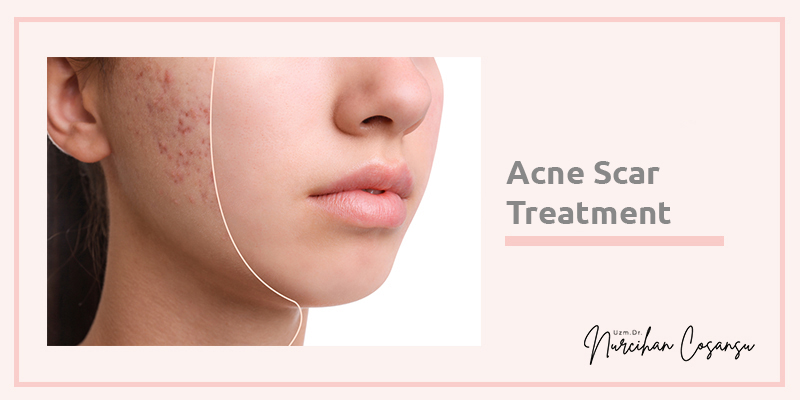- Corporate
- Services
- Pore Tightening Treatment
- Non-Surgical Eyelid Aesthetics
- Skin Care with Hydrafacial
- Rozasea
- Fibrocell Autologous Fibroblast Treatment
- Wrinkle Treatment: Tips for a Youthful Appearance
- Peeling
- Skin Care
- Marionette Fillers
- Wrinkles on the Neck and Decolletage
- Mesotherapy Treatment
- Botox Treatment
- Cosmelan and Dermamelan Skin Spot Treatment
- Forehead Contouring
- Thread Lift Face Lift
- Skin Spot Treatment
- Hyaluronic Acid Injections
- Crow's Feet Botox
- Moles Treatments
- Hands and Feet of Medical Care
- Carbon Peeling Treatment
- Skin Rejuvenation
- Salmon DNA Therapy
- Collagen Fillers
- Non-Surgical Facial Rejuvenation
- Mesotherapy for Facial Rejuvenation
- Skin Renewal with Fractional Radiofrequency
- Thulium Laser Treatment for Skin Pigmentation
- Reshaping Treatment for the Forehead
- Filling Applications
- Facial Filler Treatment
- Eyebrow Gap Filler Treatment
- Hair Mesotherapy Treatment
- French Lip Aesthetics
- PRP Treatment
- Lip Filler
- Nose Filler
- Skin Spots
- Acne Scar Treatment
- Thread Lift Procedure
- Rosacea
- Göz Altı Dolgusu
- DermaV
- Press
- News
- Contact

